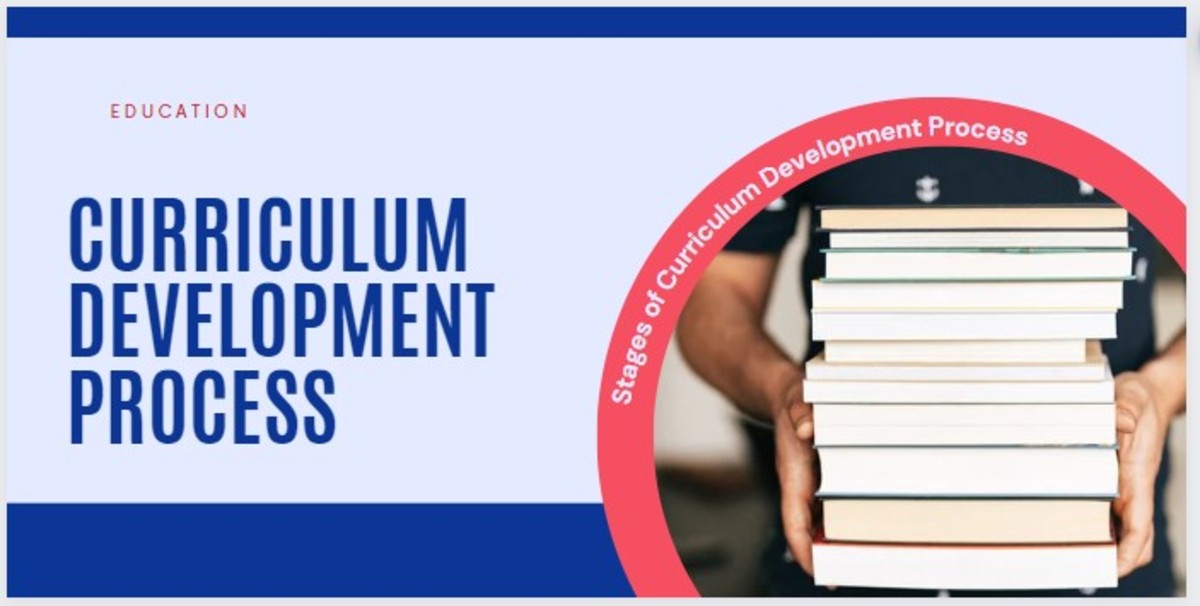Creating An IEP For Your Special Needs Homeschool Child
Creating An IEP For Your Special Needs Homeschool Child

Check out The Christian Unschool
Using an IEP while homeschooling
An IEP is simply an Individualized Education Plan. If you have a child with special needs, then it is beneficial for you to develop one of these, even though you are homeschooling because you are simply developing goals for your child's future and a way in which you plan on meeting those goals.
You may already know that children with learning disabilities simply do not learn as fast as their peers. This may even be part of the reason why you have chosen to homeschool your child. With an IEP you have a written plan that can be used to address these areas of weakness. The IEP will also help guide you when it comes to teaching your child.
If you are interested in reading books about why an IEP is a good thing for you to have if you are homeschooling a special needs child. The first one is "Home Schooling Children With Special Needs" by Sharon Hensley and "Strategies for Struggling Learners, A Guide for Teaching Parents" by Joe P. Sutton.
Generally, an IEP will include these academic areas: Language, Reading, Math, Perceptual Skills, Writing or Pre-writing Skills, Fine and Gross Motor Skills. An IEP can also include areas where the child may need help such as with social skills, functional and self-help skills (dressing, bathing, etc.). If you would like to read a book on how to create a functional IEP guide, then you should read "Individual Education Planning for the Handicapped Student" by Deborah Mills. In this book the skills that are needed for both home and community are broken down and discussed. Unfortunately there are no academic goals included in this book. Nevertheless, this book could still be useful when it comes to working on skills that are not necessarily deemed "academic."
When you sit down and write up your special needs child's IEP, the following information should be included therein:
Your child will either need to have a developmental inventory done or you will need someone who knows what your child's current level of educational performance actually is. This is because this information will need to be documented in your child's IEP.
The next thing that you will do is create some long-term goals for the areas that your child is weak or deficient in. These goals should be something reasonable that can be accomplished in the next 12 months of your child's life. If you challenge your child to do these things, then he will be able to achieve these goals. However, you really need to decide what your priorities are and make sure that they are realistic. A long-term goal will be generalized and broad-based. For instance, you may say "George will increase his receptive language skills." Of course, you may have more than 1 long-term goal per each skill area. Once these goals are met for the year, you can set more goals for your child. This is because your IEP should always be moving in the direction of continuously helping your child. If a goal is not accomplished this year, then it can also be moved to next year's IEP. You should not become upset about this though as it will occasionally happen.
Next, you will want to set up some specific, well-defined objectives that are tailored to your child's needs and that will help them to move towards accomplishing the long-term goals that you have set for him. You can think of these as the baby steps that your child will need to take in order to reach the long-term goal that you have set for him. Make sure that you also have benchmarks in place so that you can see how your child is mastering his goals and thus moving on to where he should be within 1 year of writing his IEP.
You will then need to decide what methods and materials you are going to use to help your child meet his goals. The items could include games, specific curriculum or any other resource that you will implement into his homeschooling program.
Of course, you will also need to write into the IEP how you are going to measure your child's progress. It may take some thought, but most skills can be broken down into tasks that can be analyzed and recorded. You can write this information down in a daily journal or have your child tested in order to see if they are meeting their goals. Whatever you do, you should never compare your child to another child his age. Instead, allow him to be measured by his own progress.
After all of this information is included in your child's IEP, you will also need to make a list of resources or curriculum that you will be using throughout the school year. These resources can include such things as occupational therapy, speech therapy, physical therapy, counseling, etc.
Once you have an IEP written down for your child, you will need to create for yourself a daily schedule that will include what you will be working on each day. Of course, this schedule does not have to be set in stone, but at least you can use it to guide you through your day. Occasionally an illness or an appointment may make it necessary to move a specific activity that you had planned for that day to another day. This type of flexibility is one of the great benefits of homeschooling. As a homeschooler you can choose to schedule appointments, take field trips and do other activities while other children are in school. Regardless as to what you do, you should take daily attendance so that your child's IEP will count as "school" time.
Each IEP is as unique as each child's needs are different. However, you may soon discover that other children with the same special needs as your child has have the same learning disabilities. This does not mean that these IEPs should all look the same though. So, allow the IEP process to help your child become a smart, well-functioning member of society.



